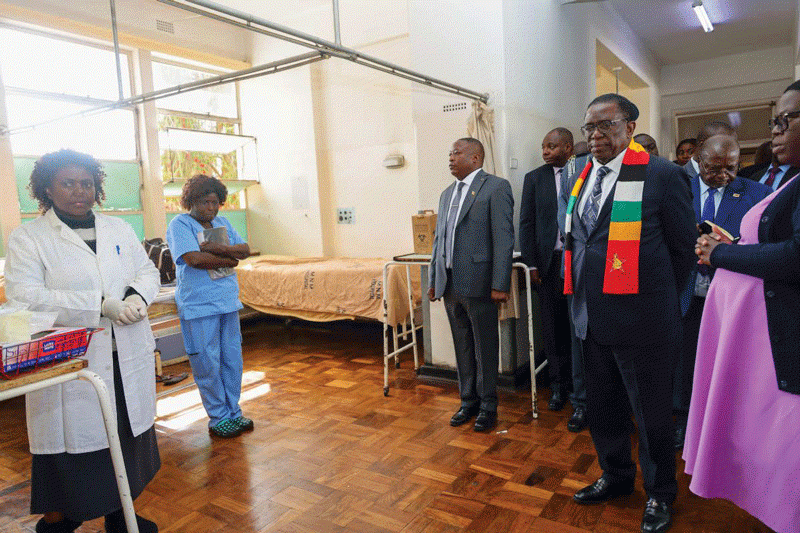
Various issues were discussed and artists and players in the arts industry who were present raised concerns they want to be addressed.
It was an important gathering that pooled views from different sectors of the industry and exhibited how serious artists were about getting matters of important national relevance recognised.
The major thrust of the workshop was to refine a document on the plan of action for the local arts industry but discussions touched on various other issues concerning artists.
There was a topic on how artists could earn a living independently and ward off a donor-dependence syndrome.
A number of contributors in the discussion were of the view that the arts industry should become a serious income-generating sector.
In various developed countries, arts are an important contributor to national income and artists live lavishly from their products and productions.
On the contrary, most local artists face serious financial challenges and their fame does not tally with their income.
Albert Chimedza from the Mbira Centre was of the view that lack of knowledge on investments was a major challenge for artists.
- Chamisa under fire over US$120K donation
- Mavhunga puts DeMbare into Chibuku quarterfinals
- Pension funds bet on Cabora Bassa oilfields
- Councils defy govt fire tender directive
Keep Reading
“There are a number of artists that make commendable income yet they do not know how to invest and make a living from other things that are not necessarily their art products,” Chimedza said.
“Art is a business just like many other businesses and artists should consider diversifying into other lines of business.
“We have a number of artists that have a potential to start income generating projects from the income that they get but lack of information has often seen most artists blowing away opportunities.”
He gave an example of how artists in other countries engage in various fringe contracts that benefit them financially.
Because of limitations in disposable income among their fans and consumers, Chimedza noted, there is a very small fraction of the country’s population that spends on arts and entertainment products hence sole dependence on direct income from arts products would not be of significant benefit.
True to Chimedza’s observation, we have had popular artists dying paupers, not because they did not make money in the industry but due to failure to manage resources and income credibly.
Before the rise of piracy, musicians used to earn a lot from record sales while live shows have always been their cash cow.
But there was a well-known weakness among musicians, that of blowing money senselessly and during that time they were known as vagrants (marombe).
Daniel Maphosa of Savanna Arts was of the opinion that the government should have a hand in the welfare of artists as is the case in most countries, regionally and internationally.
“Our esteemed reporters always write about artists dying paupers because there is no clear programme by the government that seeks to support artists financially,” Maphosa said.
“I used to do plays in schools and get a lot of money. It is no longer the case nowadays because many people do not have much to spare. There is need for subsidies to help artists start income generating projects.”
But Peter Churu, a theatre practitioner had a different opinion.
“I believe artists should be able to know their value. I stage plays at a local hotel and I charge more than most local theatre programmes. My aim is to lure an upmarket audience and this is just an idea that I came up with after realising that the value you attach to your product matters. So artists should position themselves strategically in order to make maximum returns,” Churu said.
There were many other observations and suggestions from people at the workshop but the general consensus was that artists should look beyond what they produce for income.
There is need to spread efforts to other lines of business.
Recently, there was an exciting development among musicians as a number of them have turned to farming while some are starting small businesses.
Lesson to artists: look beyond your talent and creativity because your fame and influence can actually be a source of big investments outside the arts industry.
Feedback: [email protected]











